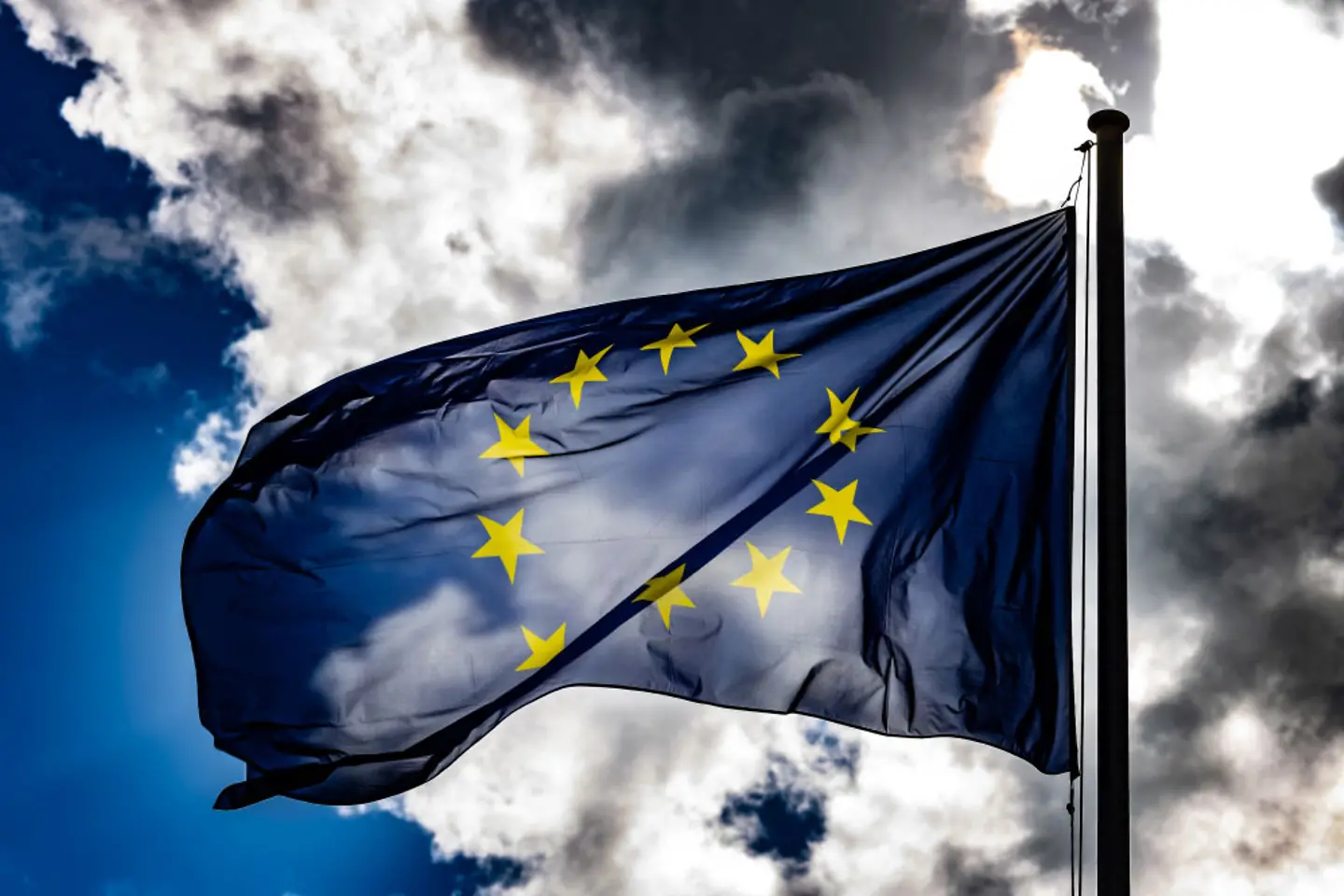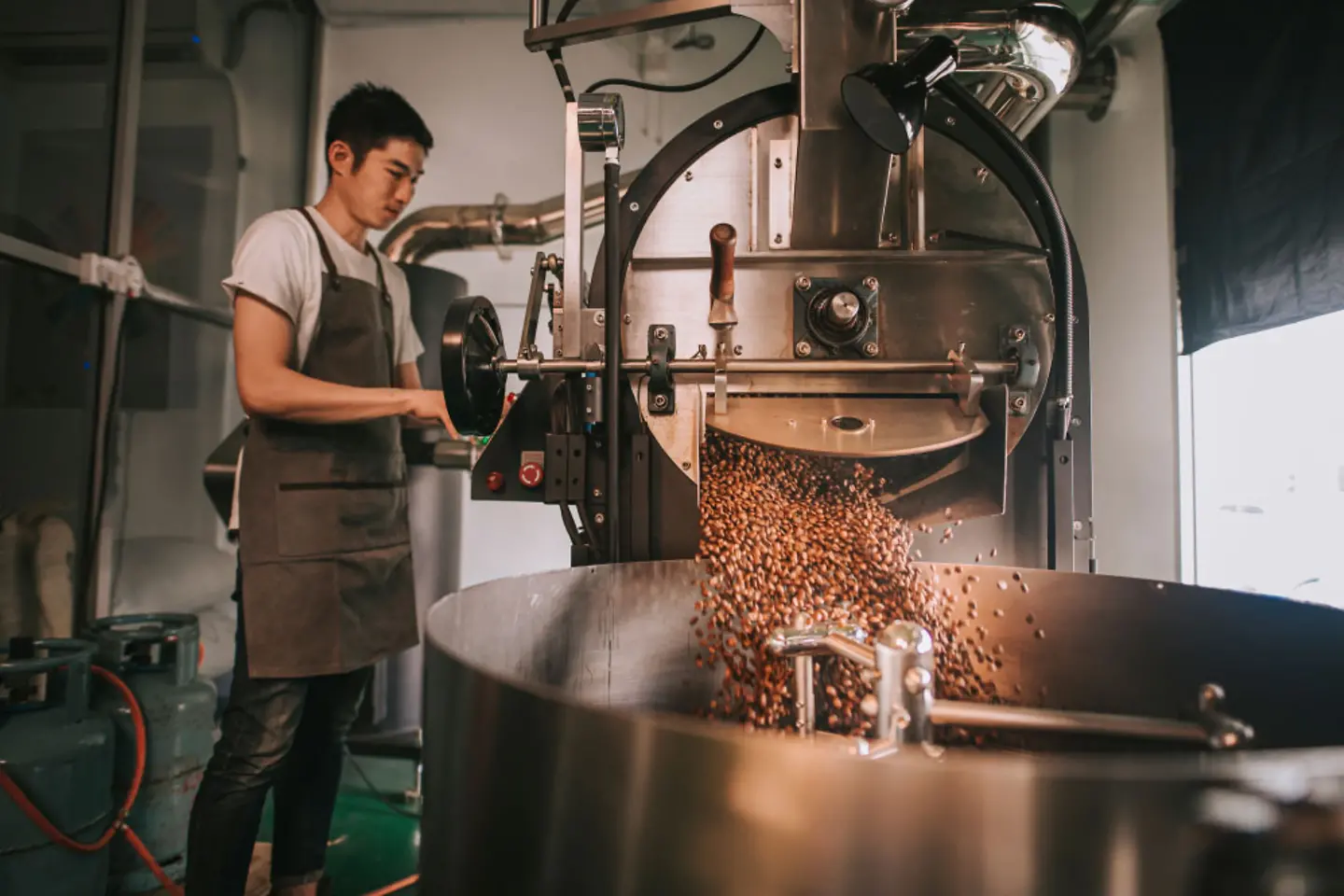
As Europe sweltered and baked through the summer of 2022, the resulting droughts were a stark reminder of the climate crisis. Social pressures and legal requirements demand a rapid transition to a resource-efficient economy, putting sustainability top of mind for most organizations. Through a fictitious coffee plantation’s supply chain, we tell the story of "Connected Greenhouse 2.0 Coffee" to showcase how we configure sustainable supply chains through digitalization with SAP.

The European Union (EU) aims to be climate-neutral by 2050. Time is running out; by 2030, CO₂ companies must half their carbon emissions compared to 1990 levels. As if that isn’t ambitious enough, lawmakers are increasing the pressure on companies further. On the 1st of January 2023, the German Supply Chain Due Diligence Act (LkSG) comes into force. The new supply chain act requires companies to ensure that the conduct of their employees and business partners conforms to human rights standards. Elements of the act echo the United Nations’ social sustainability ethos, which is concerned with identifying and managing companies’ impact on people.
To ensure that they are fully compliant with all sustainability requirements, companies must rethink and reconfigure their supply chains ecologically. Digitalization provides a potent catalyst here: for example, our green IT solutions and green data centers help to reduce the carbon footprint along the entire supply chain.
Taking our fictitious coffee production operation, our "Connected Greenhouse 2.0 Coffee" integrates innovative technologies. It then automates the carbon footprint calculation along the entire supply chain, from cultivating the coffee plants to selling the aromatic coffee beans.
Cloud-to-cloud integration from T-Systems’ Cloud of Things and SAP’s Business Technology Platform (SAP BTP) provide the necessary basis here.
Our coffee grower – and any SAP customer - can automatically gather and calculate climate-relevant data at the touch of a button in their SAP backend with the help of IoT, blockchain, and artificial intelligence. Applications like the SAP Sustainability Control Tower or SAP Product Footprint Management provide the necessary tools.
This supply chain management scenario creates the ideal conditions for monitoring carbon emissions throughout the product lifecycle. It also promptly introduces optimization measures where needed and reliably conforms with corporate responsibility requirements.

With the help of innovative integrated applications, our fictional coffee plantation operators give their plants an optimal growth environment. IoT devices gather information on soil conditions and humidity, transmitting it in real-time to the digital twin in the SAP backend, where the data is automatically analyzed.
Is the soil too dry? Is it raining? Does the crop need more nutrients? With reliable information like this, our coffee producers can activate or restrict their irrigation systems in a targeted way, giving them precise control over water consumption.
Sustainable supply chain management not only has a positive environmental impact; it can lower production costs too. After all, water is not just a precious – and correspondingly expensive – resource in the Global South. By 2025, two-thirds of the world’s population may face water shortages.
Our integrated approach contributes to a sustainable supply chain management (SCM) concept. In our fictional coffee supply chain, blockchain technology plays a crucial role. It provides the foundation for processing and storing relevant information in a reliable, transparent, and tamper-proof way. For each batch, production, delivery, or origin, data is written to the blockchain, chained onto the previous block using cryptographic processes, and synchronized regularly. Blockchain guarantees the highest level of transparency and protection against manipulation, reduces risks, and lowers the carbon footprint at the same time.
Producing paper is a massive burden on the environment; traditional supply chains are typically littered with paper trails. For our smart contracts, we use Ethereum proof-of-stake (PoS) technology. The technology requires minimal energy to create blocks to enter the chain. And just like that, printing, filing, and archiving paper-based delivery and contract documents become a thing of the past. Such solutions are a huge step forward in sustainable supply chain management.
Our coffee plantation story shows that configuring a company’s entire supply chain in a sustainable way involves seamlessly integrated digital processes and sophisticated technologies. Sustainable supply chain management is a highly complex topic and demands specific subject matter expertise. This complexity is one of the reasons we recommend that our customers do not go it alone or suddenly embark on a radical transformation project. We advise implementing sustainability concepts gradually and focusing initially on a clearly defined area. Through proofs of concept, our clients can see improvements in weeks.
If you’d like our help making your supply chain more sustainable using SAP technology and other innovations, contact us.